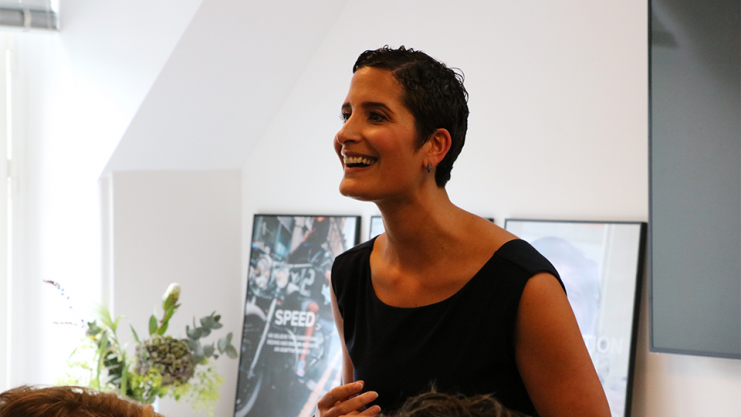Is is easy to think that culture is what you see on the surface; the lava lamps, the massage chairs, the candy, but nothing is further from the truth.
Fun is an outcome of who Google is, rather than the defining characteristic. The novelty of perks, prizes, and tangible rewards wear off rather quickly. What attracts candidates and sustains employee loyalty are the shared experiences, energy, and atmosphere of your company. It’s the passion, not the perks, that culture is built upon. There are a handful of key aspects that make up Google’s culture. Allow me to share a little about a few of them here. Come join the Huddle on September 13th to get more examples, color and context.
Mission
If you want to attract the most talented people on the planet you need to have a goal that inspires them. We believe that any strong organization needs a strong, clear, and relevant mission. Many organizations have bland or nondescript missions (“realizing shareholder value” alone doesn’t seem like a statement specific enough or grand enough to get any employee excited). Google’s mission is to: “Organize all the world’s information and make it universally accessible and useful.” And Google is a place where every single employee knows that mission.
We spend more time working than we do on almost any other activity in our lives. People want all that time to mean something. Other companies make similar products, and yet our employees tell us that they are drawn to Google because being here means something more than ‘just’ searching the internet or linking friends.
Transparency
‘Default to open’ is a phrase sometimes heard in the open-source community. Chris Grams from Red Hat defined defaulting to open as “…rather than starting from a point where you choose what to share, start from a point where you choose what not to share.” Google didn’t create this concept, but it’s safe to say we ran with it.
And if you think about it, if you’re an organization that says ‘our people are our greatest asset,’ you must default to open. It’s the only way to demonstrate to your employees that you believe they are trustworthy adults and have good judgment. And giving them more context about what is happening (and how, and why) will enable them to do their jobs more effectively and contribute in ways a top-down manager couldn’t anticipate.
Freedom
Believing in a greater good (mission) and knowing what’s going on (transparency) are important, but people then need to be able to translate their beliefs and knowledge into action. We try to have as many channels for expression as we can, recognizing that different people – and different ideas – will percolate up in different ways. The channels include direct emails to any of our leaders; TGIF; various sites and listservs; the Google Universal Ticketing Systems (‘GUTS’ – which is a way to file issues about anything, and is then reviewed for patterns or problems, our Dory tool for asking questions to Googler leaders live; ‘FixIts’ (24-hour sprints where we drop everything and focus 100 percent of our energy on solving a specific problem); a wide range of surveys and, of course, 20% time.
Before you spend money on lava lamps and massage chairs, come hear more about these free ways that underpin Google’s successful culture at Mindshares’ huddle.
